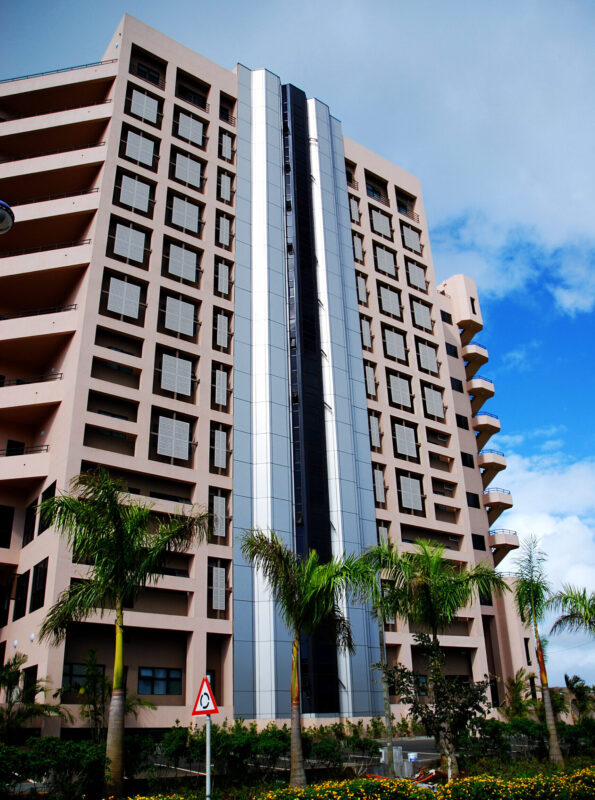What is Company re-domiciliation?
Re-domiciliation is the process through which a company moves its place of incorporation from one jurisdiction to another without undergoing liquidation or loss of legal identity.
Under Section 296 of the Mauritius Companies Act 2001 (“the Act”), a company incorporated under the laws of any country other than Mauritius, may, if authorised by the laws of that country, apply to the Registrar to be registered and continues as a company in Mauritius, as if it had been incorporated in Mauritius under the Act.








